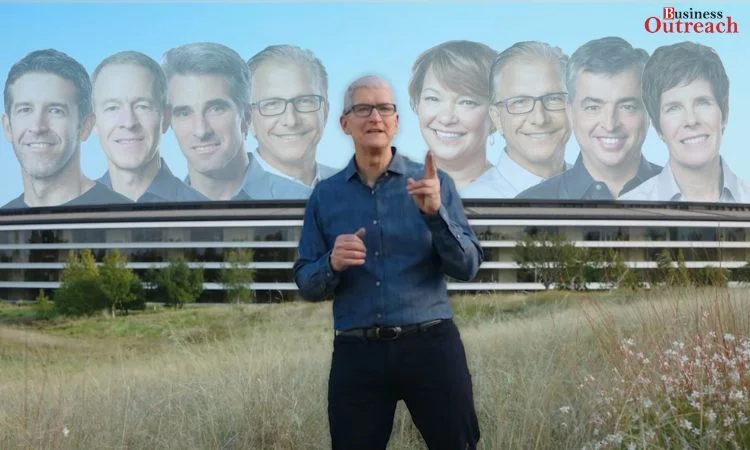Tim Cook has been at the helm of Apple for over a decade, leading the company to unprecedented heights. However, the long-serving CEO is nearing traditional retirement age, raising the question of who could take over the reins as his successor. Naming a new leader is no small task for one of the world’s most valuable companies, but several potential candidates have emerged. Let’s take a deeper look at Apple’s succession planning process and the top contenders vying for the coveted role.

When Cook took over from Steve Jobs in 2011, there were serious doubts about whether anyone could fill the shoes of the legendary visionary who built Apple into a tech juggernaut. However, Cook has proven the naysayers wrong, overseeing years of impressive growth and innovation. Revenues have skyrocketed five-fold under his watch to over $365 billion annually. New product categories like the Apple Watch and AirPods were successfully launched.
Now at almost 65 years old, Cook is older than the average S&P 500 CEO. While there is no indication he plans to leave soon, the board must thoughtfully consider who could replace such an impactful leader when the time comes. The next CEO will inherit all the responsibilities of guiding Apple through its next phase of opportunities and challenges in a rapidly changing industry.
Planning for a handover of such magnitude is no easy task. Most of Apple’s executive team members are also in their 60s, leaving few obvious candidates from within. The ideal profile would combine deep industry expertise with the vision and charisma to lead teams in developing new technologies. They must be able to manage Apple’s complex global operations while engaging with policymakers worldwide.
Among the internal options mentioned, the clear frontrunner is Jeff Williams, Apple’s current COO. As “Tim Cook’s Tim Cook“, he has gained extensive experience in nearly every facet of Apple’s business during his 25-year tenure. However, at just two years younger than Cook, Williams’ age could prove a hindrance if he only has a short window in the top job before also reaching retirement age.
Another high-profile executive, Craig Federighi, has long led Apple’s software engineering teams. However, some industry observers question if he possesses all the hard-won business acumen of Cook and Williams. Deidre O’Brien, who oversees Apple’s vast retail operations, is also seen as less likely given Cook’s stated preference for a successor with more of a product focus.
The candidate generating the most buzz in recent months has been John Ternus, Apple’s SVP of Hardware Engineering. Still not 50 years old, Ternus brings youth and energy that could usher in the next decade-plus of leadership. As the head of Apple’s most profitable hardware divisions, he has proven his product development chops. Ternus has also rapidly risen through the ranks since joining in the early 2000s.
His high-profile role introducing new iPhone and iPad launches indicates the board’s confidence in his abilities. With nearly two decades of institutional knowledge, Ternus would be well-equipped to steer Apple seamlessly into the future. Of course, there are no guarantees – but his youth and experience position him as a top-shelf candidate for the immense responsibility of succeeding Cook.
Whoever does take over will face their fair share of challenges as well. Apple is facing increased competition in a maturing smartphone market. Regulators continue scrutinizing its App Store policies and alleged anticompetitive behavior. And the company’s ambitions of developing an electric vehicle or augmented reality headset remain works in progress.
The board will weigh all these factors carefully in deciding on a leader for Apple’s next chapter. Continuity with an insider like Ternus or Williams may be less risky than an external candidate. But bringing in fresh perspectives could also reinvigorate the company. In the end, naming the ideal successor will require assessing complex trade-offs around skills, experience and fit with Apple’s culture.
After over a decade of Cook’s exceptionally steady leadership, Apple is in a strong position to navigate this transition. The global impact of its brands also means the decision will be scrutinized like few others. With a bench of talented executives and the right planning, Apple looks well prepared to choose a worthy successor to take the reins in the years ahead. The next CEO, whoever it may be, will have big shoes to fill – but will also inherit all the advantages of one of the world’s most valuable companies.















